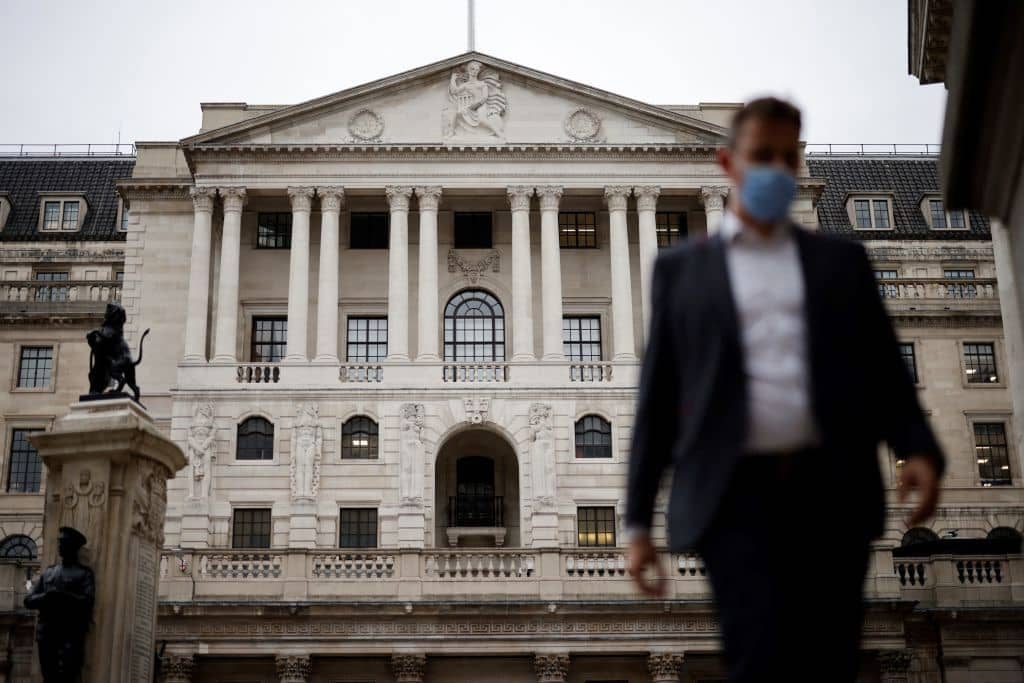The Omicron variant of Covid-19 is rampant. Bars and restaurants are in crisis as thousands of bookings are cancelled. And travel restrictions are back in place, with a full lockdown looming. To make matters worse, so far there is little sign of the Chancellor Rishi Sunak stepping in with any support.
Most businesses probably imagined that the very last thing they would have to cope with right now was a rise in interest rates. As a result, there will be plenty of business owners complaining that the Bank of England’s decision to up rates to 0.25 per cent will be the final blow that will push the economy back into recession. But hold on. In fact, the Bank is completely right to hold its nerve and raise rates – and Omicron was no reason for postponing.
Today’s decision to lift rates certainly took much of the market by surprise
Today’s decision to lift rates certainly took much of the market by surprise. Over the last decade the Monetary Policy Committee has been about as keen to raise interest rates as Boris Johnson is to cancel a Christmas party. On almost any excuse, no matter how flimsy, it will keep rates on hold. And yet, there are three reasons why it was absolutely the right decision to opt for an increase.
First, and most importantly, the inflation data earlier this week showed prices rising at an annualised rate of 5.1 per cent. This was far more than anyone expected, and the highest rate of inflation in more than a decade. At that level, real interest rates, that is after inflation is taken into account, are running at minus 4.85 per cent, far lower than they have ever been before. Even with this rise, money is extraordinarily cheap.
Next, the pound can take it. One of the big challenges for the Bank if it needs to raise interest rates significantly is that hot money will pour into sterling to take advantage of higher rates, hitting exports at a delicate time. But the currency had already slipped significantly against the dollar in the last month, dropping to $1.32. It rose slightly on the news, but by less than a cent. Given the moves by other central banks there will never be a better time for a relatively minor one such as the BoE to make its move.
Finally, the economic outlook is now dominated by the progress of the Omicron variant. Whether it fizzles out, or turns into a major public health catastrophe that overwhelms hospitals, is all that matters over the next month. As far as anyone can tell, the virus doesn’t pay any attention to interest rates. It will potentially make a big difference to inflation, but otherwise won’t impact the economy much.
The Bank will take plenty of flak for its decision. It was a brave call, and one that the new-ish Governor Andrew Bailey deserves credit for taking. His predecessor Mark Carney would certainly have flunked it. In reality, with real interest rates running at a record low, money has never been cheaper than it is right now. The UK economy has plenty of challenges, but a minor upwards tweak in interest rates is not one of them.






Comments